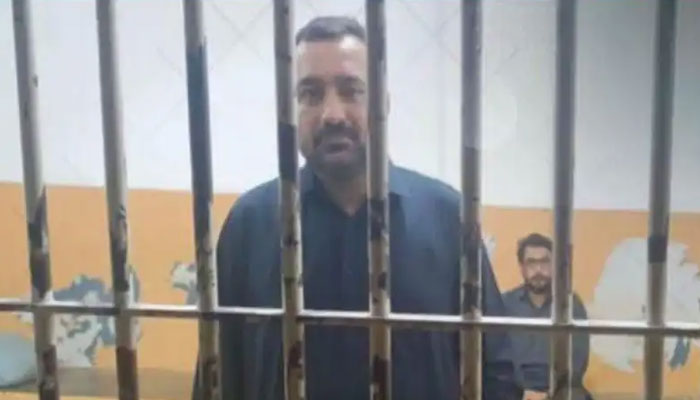LEGAL

Punjab’s Inspector General of Police (IGP) has instructed the Rawalpindi Regional Police Officer (RPO) to expedite detailed reports on cases against former Prime Minister Imran Khan, especially those related to the May 9 violence. This directive comes after a writ petition was filed by Imran Khan’s sister, calling for case updates.
Following the IGP’s request, RPO Babar Sarfraz Alpa issued reminders to the Rawalpindi City Police Officer (CPO) and District Police Officers (DPOs) of Attock and Jhelum, urging them to clarify the reasons for delays in submitting reports, or challans, for cases filed under the Anti-Terrorism Act (ATA). The RPO expressed dissatisfaction, deeming the responses “unsatisfactory” and noting that the submitted reports were incomplete under Section 173 of the Code of Criminal Procedure (CrPC).
Sources revealed that the IGP has directed DPOs to deliver detailed reports on the May 9 cases and warned that police officials would face accountability if reports were found to be inaccurate. He emphasized that the delayed submission of these reports, complete or not, would no longer be tolerated, particularly given that court directions mandate timely submission to prevent delays in legal proceedings.
The RPO previously sent multiple reminders to the DPOs, calling for interim challans on the ATA-related cases but found the responses inadequate. According to Pakistani law, an investigating officer must submit either a complete or incomplete report within 33 days following an FIR registration. The RPO noted that the prolonged non-submission of reports under Section 173 CrPC has frustrated the process.
Rawalpindi’s Anti-Terrorism Court (ATC) judge has expressed disappointment over the delays, warning the police that failure to submit these reports would be considered a deliberate act of disobedience, possibly leading to contempt of court charges.
As part of the intensified directive, RPO Alpa recently sought explanations from SSP (Investigation) Saba Sattar and DSP (Legal) on the ongoing delay, asking them to submit thorough investigations and reports.
In addition, the RPO has sent formal letters to DPOs and the SSP Rawalpindi, requesting a comprehensive account of ATA cases from 2020 to 2024, including reasons for delays and the current status of pending or untraceable cases.
The move signals an effort by Punjab’s police leadership to ensure accountability within law enforcement ranks, especially in cases with political and public significance. The legal outcomes of these proceedings remain critical as they involve high-profile figures and allegations of terrorism, with the broader implications of upholding law and order in the province.




